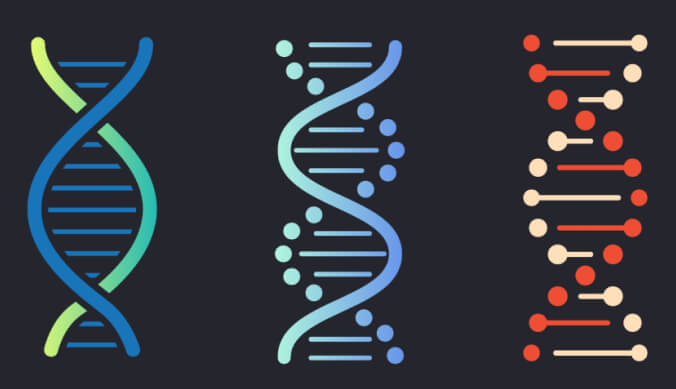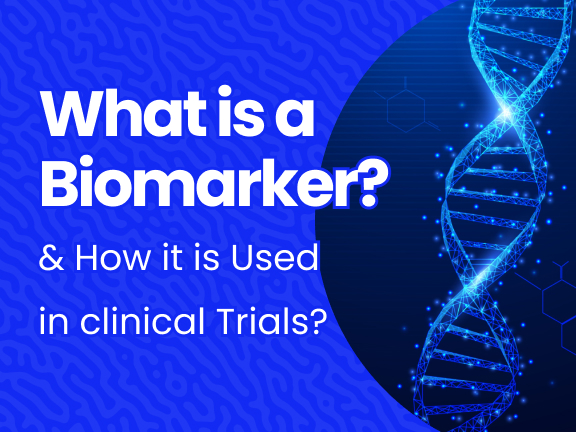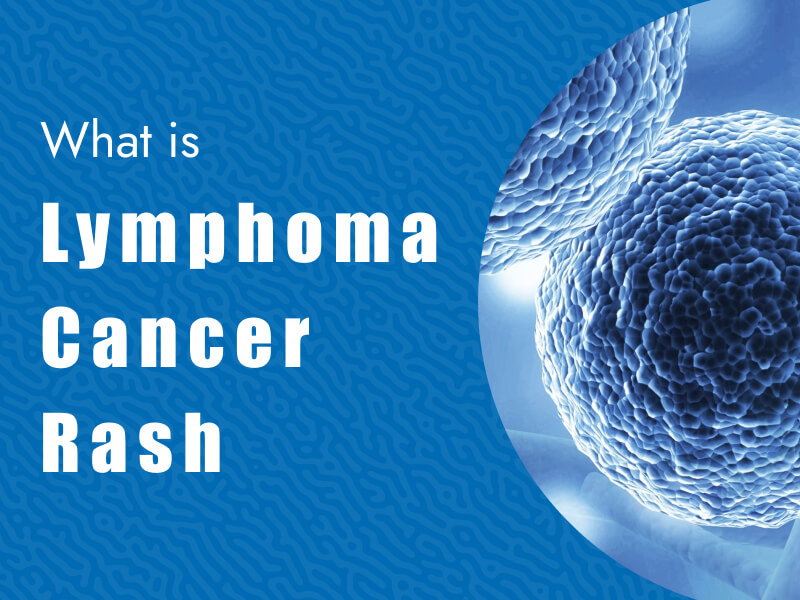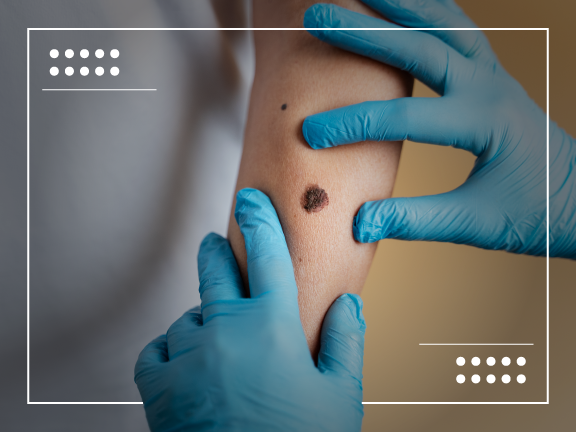What Is a Biomarker?
Previously, patients with the same cancer type received the same treatment, but research has shown that tumors have distinct characteristics, even within the same cancer type. Cancer biomarkers are now being used by doctors to learn more about a patient’s tumor and predict which treatment is most likely to work against their specific cancer.
Cancer biomarkers are biological substances produced by a cancer patient’s body or tumor. Biomarker testing aids in characterizing tumor changes. Biomarkers might be tumor-specific DNA, RNA, protein, or metabolomic profiles. Genomic testing examines the DNA sequence.
Biomarkers can be used for a variety of purposes, including:
- Determine a person’s risk of developing cancer.
- Determine a person’s likelihood of cancer recurrence.
- Predict the likelihood that a specific therapy will be effective for a specific patient.
- Track the course of a disease to see if a treatment is effective.
What Are the Main Biomarkers?

There are two main types of biomarkers: circulating tumor markers and tumor tissue markers.
Circulating tumor markers can be found in the blood, urine, stool, or other bodily fluids of some patients with cancer. Circulating tumor markers are used to:
- estimate prognosis
- determine the stage of cancer
- detect cancer that remains after treatment or that has returned after treatment
- assess how well a treatment is working
- monitor whether the treatment has stopped working
Tumor tissue markers are found in the actual tumors themselves, typically in a sample of the tumor that is removed during a biopsy. Tumor tissue markers are used to:
- diagnose, stage, and/or classify cancer
- estimate prognosis
- select an appropriate treatment
Biomarkers for cancer treatment are tumor tissue indicators that indicate if a person is a candidate for a specific targeted therapy. These biomarker tests are typically genetic in nature, looking for alterations in genes that affect cancer progression.
Biomarker-Based Clinical Trials
Many clinical trials are underway in different areas of biomarker discovery. Beyond identifying new targets and determining their significance, new research is focused on:
- Immunotherapy response: Immunotherapy has revolutionized cancer treatment, but not all patients respond the same way. Biomarkers that predict immune response are being identified by researchers to assess which patients benefit from which sort of immunotherapy.
- Liquid biopsies: Liquid biopsies can detect DNA shed by tumors, known as circulating tumor DNA. A simple blood draw can reveal common DNA changes to tailor treatment options; it can also assess whether the tumor is responding and investigate how the tumor develops resistance to specific therapies based on additional genetic variations discovered in subsequent blood tests.
- Minimal residual disease: This type of biomarker can be assessed through liquid biopsy testing after therapy has been completed, and there is no identifiable disease present after exam and imaging. Through blood testing, minimal residual disease assesses remaining disease at the molecular level. It might be used to evaluate which patients would benefit from more aggressive treatment and which could be spared such treatment.
- Pharmacodynamic markers: These make use of a biopsy before and during treatment to examine dynamic molecular changes within the tumor and assess if the medicine is performing as expected.
Prognostic and Predictive Biomarkers
Once biomarkers are identified, the next step is to determine if any of the alterations are actionable – that is, whether there’s a genetic change driving tumor growth that can be targeted with an available drug.
There is a lot of focus on developing new targeted therapy drugs that disrupt key drivers of cancer growth, but not all cancer types currently have identifiable biomarkers. Research has shown that treatment that is led by biomarker testing extends patients’ lives.
Finding Biomarker Clinical Trials
Massive Bio specializes in locating clinical trials for cancer patients who have undergone genomic testing, as well as other types of testing such as genetic testing, solid tumor testing, and Next Generation Sequencing (NGS). We are well-equipped to assist you if you have been diagnosed with cancer and have a specific mutation. Many clinical studies are being conducted to investigate targeted medicines for certain cancer types. Massive Bio proposes NGS testing for patients to assist them in making an accurate diagnosis. Some cancer-related mutations include:
- BRCA1, BRCA2, AKT1/2/3, NTRK1/2/3
- FGFR, FGFR1, FGFR2, HER2, BRAF, ROS1
- PIK3CA, MET, PTEN, ALK, KRAS, MDM2
- RAD51B, RAD51C, RAD51D, RAD54L
Sources:












